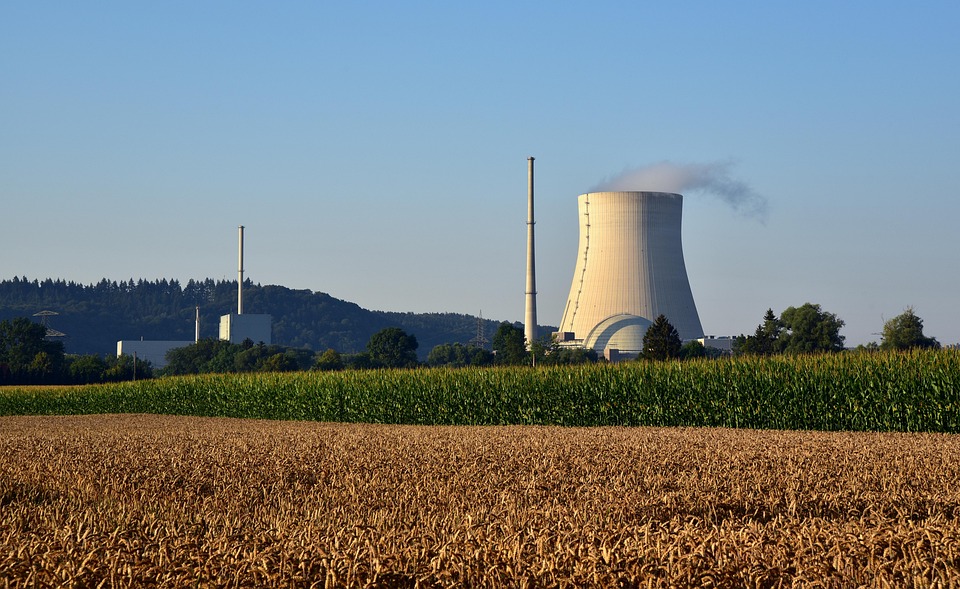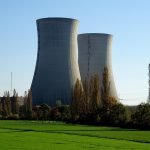Crafting an Impressive Cover Letter for Nuclear Engineers: Tips and Best Practices
When it comes to securing a position as a nuclear engineer, a compelling cover letter can make all the difference. It serves as your first point of contact with potential employers, offering a glimpse into your skills, passion, and suitability for the role. The following insights will guide you in crafting a cover letter that stands out in a competitive field.
1. Personalise Your Approach
A generic cover letter is unlikely to capture attention. Research the company meticulously—understand its mission, values, and recent projects. Tailor your letter to reflect how your background aligns with their objectives. For instance, if the company is pioneering in renewable nuclear technologies, mention your relevant experience or coursework in that area. A personal touch not only demonstrates your genuine interest but also showcases your initiative and diligence.
2. Showcase Relevant Experience
Nuclear engineering is a complex field that demands precision and expertise. Highlight your qualifications succinctly, focusing on specific experiences that underscore your technical skills. Whether it’s an internship at a nuclear facility, a significant project during your studies, or relevant certifications, be sure to weave these into your narrative. Use numbers and metrics where possible—perhaps you improved efficiency in a reactor design project by a notable percentage. This quantifiable data adds weight to your claims and makes your achievements more tangible.
3. Emphasise Soft Skills
While technical prowess is paramount, don’t overlook the importance of soft skills. Effective communication, teamwork, and problem-solving abilities are crucial in a collaborative environment like nuclear engineering. Share examples that demonstrate these skills in action. Perhaps you led a team project that required consensus-building or navigated a challenging situation by employing exceptional communication strategies. Such anecdotes can paint a fuller picture of your capabilities.
4. Maintain Professional Tone and Structure
The presentation of your cover letter is almost as critical as its content. Ensure that your letter is well-structured, with a clear introduction, body, and conclusion. Use a professional tone throughout—avoid overly casual language, but also steer clear of jargon that might alienate the reader. Aim for clarity and conciseness; ideally, your cover letter should not exceed one page. A well-organised letter reflects your attention to detail, a vital trait for any engineer.
5. A Strong Closing Statement
As you wrap up your cover letter, reiterate your enthusiasm for the position and the value you can bring to the team. A confident closing line can leave a lasting impression—consider expressing your eagerness to discuss how your background and skills align with the company’s needs in more detail.
Final Thoughts
In the realm of nuclear engineering, where innovation and safety intersect, your cover letter is your chance to shine. By personalising your approach, showcasing relevant experience, emphasising soft skills, maintaining a professional tone, and crafting a compelling closing statement, you can create a narrative that resonates with hiring managers.
CVPortal remains dedicated to providing you with a variety of high-quality resume references and insights to help you navigate your career journey effectively.


